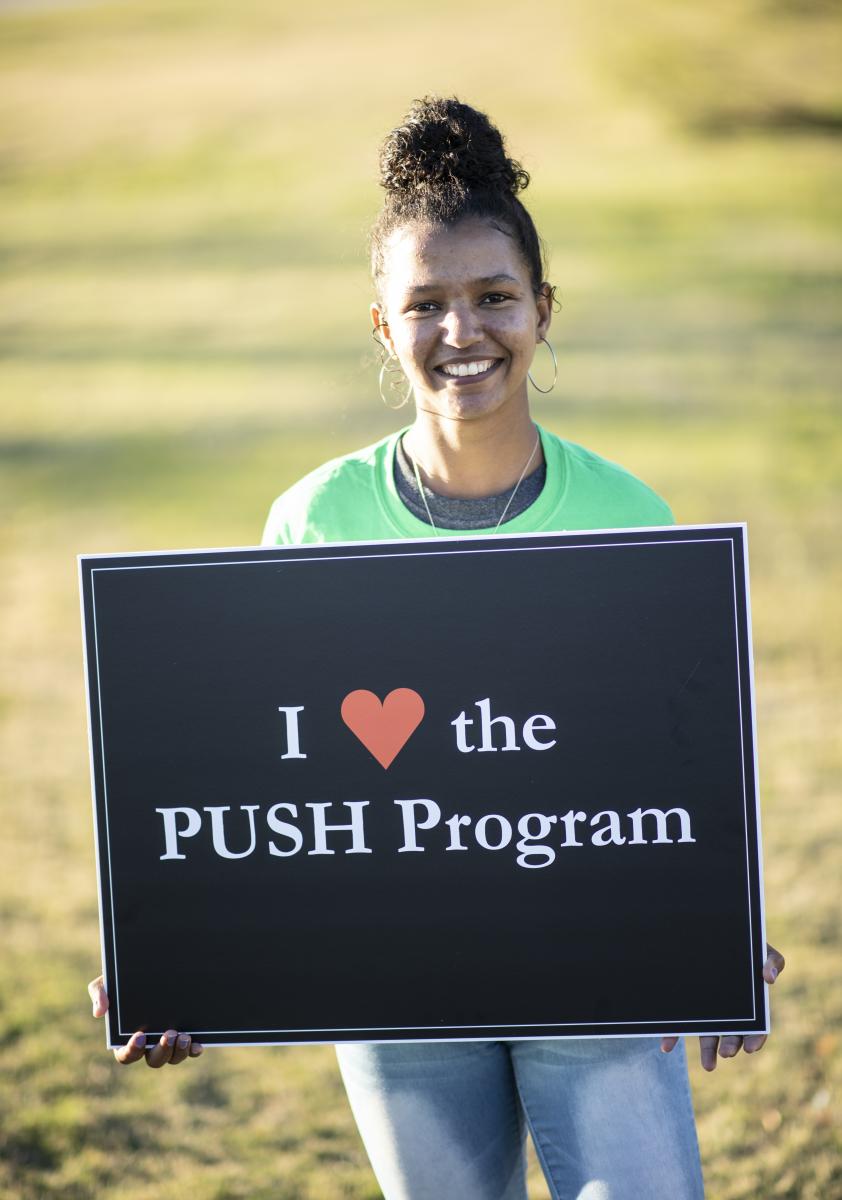Tiblets Abreha was only 11 years old when she made the decision to leave her home in a village in Eritrea, a country in East Africa, in hopes of a better life in nearby Ethiopia.
She didn’t tell her parents, who lived in a small, impoverished village where watering crops meant not having enough drinking water to survive.
“There is no water on hand,” Abreha said, “so we have to travel like an hour to get some. You have to carry any back, or, if you have a donkey, you're lucky. I left home when I was young. Life there was very tough. Women don't have the same rights that men do. They don't go to school. They get married when they are 13 or 14 years old, so they can help their parents. They don't get the education they need. They have a baby when they are a baby, so it's really sad.”
The morning she left, she put on her school backpack and headed for the Ethiopian border, knowing that once she crossed, she wouldn’t be able to go back.
After hours of walking fearfully through hyena-infested mountains, she made it to the border, where soldiers transported her to Indaba Guna, a three-day truck ride away. There she shared a large single room with nearly 100 women and children waiting to be sent to a refugee camp. They all shared mattresses on the floor, and each had small chores like handing out the breakfast biscuits.
At the refugee camp in Ethiopia, she shared a tiny house with 10 other children, each with their own blanket but not enough beds. Although she couldn’t consistently get water and soap for cleaning and had little adult supervision, she did have access to food and attended church and school.
Three years after Abreha arrived at the refugee camp, her caseworker told her that she would be able to go to the United States. She says she thought she was in heaven upon arriving at the airport, having never been anywhere so fancy. She had no experience with flying and thought she and her escort wouldn’t make it when the plane started moving.

